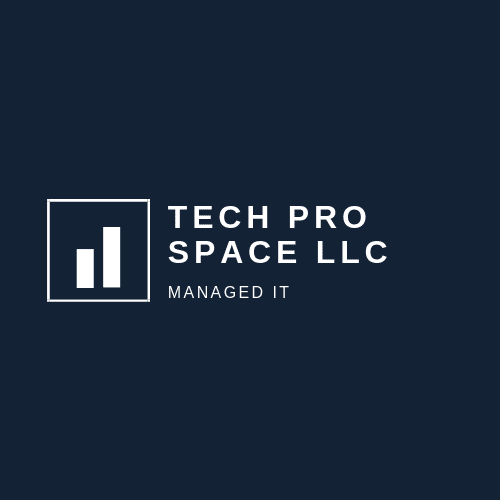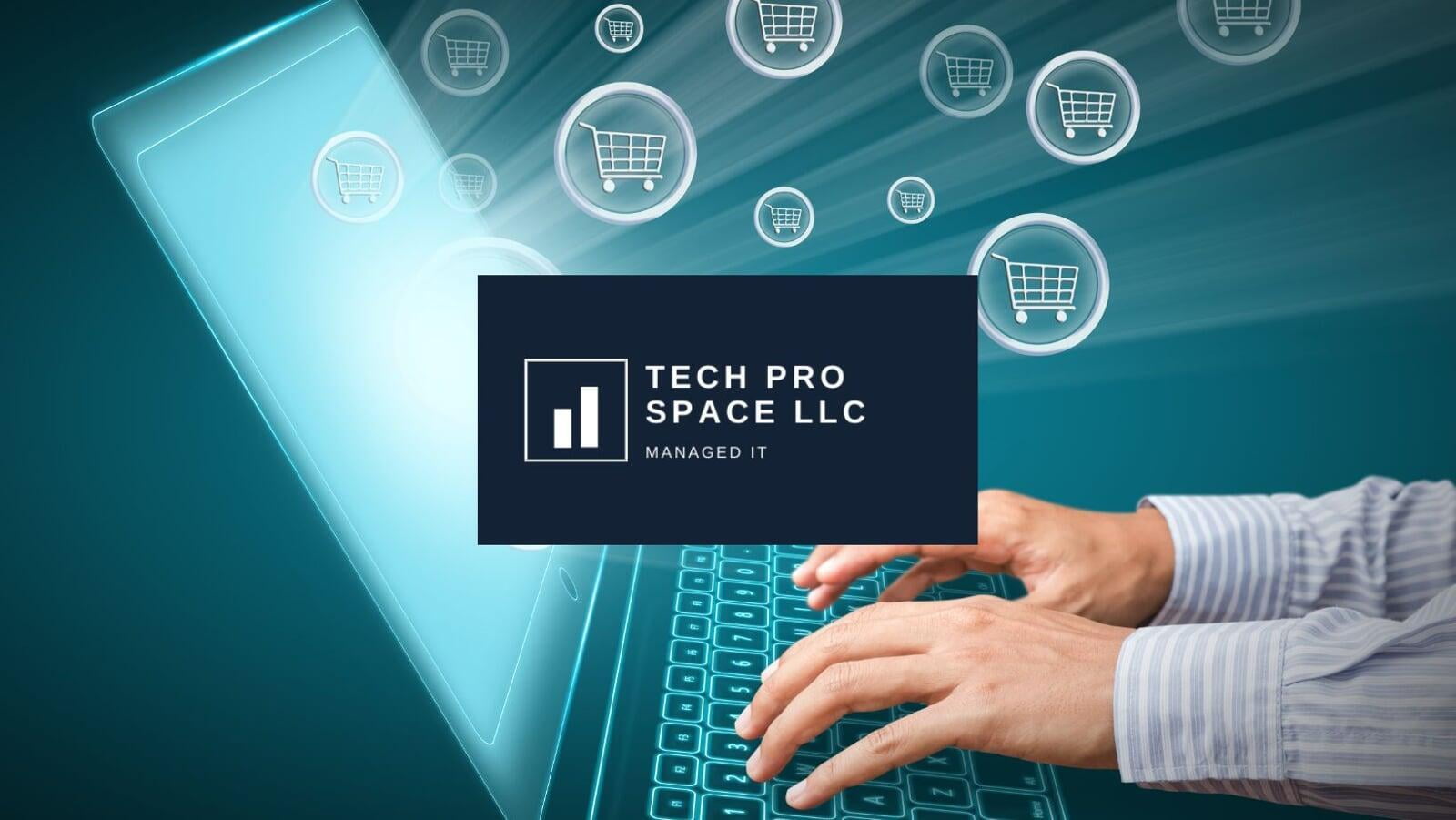That is the question everybody asks themselves when they need something new, fast, or want the latest technology. The answer is it really depends.
Do you want a computer for home?
Do you want a computer for office?
Do you want a gaming system?
There are five things I focus on when looking at computers. A processor, hard drive, the amount of memory, screen size and graphics card are all parts of a computer.
In today's market
The processors are really not that important. It just really depends on what type of computing you need for the programs you will be using.
Will you be using programs that crunch a substantial amount of data? For the most part, Intel and AMD are the top contenders when it comes to CPU's.
They offer a wide range of different gigahertz on the processors from 1.6GHz to 3.8GHz all the way up to almost up to 4GHz. Always check the system requirements for the programs you will be using to determine how much processing power you need.
Computer memory (RAM)
I mostly focus on the amount of ram you need. If you are a big multitasker. I suggest between 8,12 or 16 gigabytes of RAM if your going to have numerous programs open at one time. You do not need more than that unless you are running a server.
The more memory you have, the more you can have open without the computer slowing down.
Computer graphics
If you are going to be doing heavy graphics like adobe or print designs or just depending on the software you will be using. It depends on the software. You can reference the software requirements on their websites to ensure you have sufficient graphics processing power to run the programs or it will crash or slow down the computer in some cases.
If you need a graphics card, they can range from inexpensive to expensive. If you are going to do a substantial amount of gaming. It is going to cost depending on the specs of the card you want to buy or need for the games requirements.
If its for office. Most software does not really need graphics cards unless you are like a print company that needs to do heavy graphics designs or 3d types of software.
You always want to check software requirements for what you need to run their software. If there are several compare and come to a comprise that closes matches what you need.
However, for light office work, you do not really need a graphics card. The onboard graphics will be more than sufficient to do what you need to do. Like emails, web browsing things of that nature.
Computer storage
The next thing I focus on is storage. Computer storage mostly in recent years everyone is saving increasing to the cloud like google drive and Onedrive are two major players in cloud storage.
If you are the type of person and you want to save to the cloud. Then an SSD of about 250 gigs to 500 gigs is more than enough for your local drive space on the computer.
If you want to use a drive for backups for videos and pictures that you want to save for long term. You definitely want to go with a 1,2,3 or more terabytes of HDD drive for file storage.
You can do a combination of both SSD for the OS and HDD for long term storage for files like video or images.
HDD drives are the old platter drives. They are perfect for saving files for long-term storage. SSD drive don't have moving parts and are good for computer speed so that it starts up fast and programs open up faster.
Computer screen size
Screen size is going to depend if you are getting a desktop or laptop.
There are wide screens if you want just one monitor and you do not want the hassle of a bunch of cables running to your surge protector. They work just like dual monitors except its one. You can place programs side by side with each other.
I find that one wide screen monitor is perfect for doing office work. It allows you to focus more when doing work and less of a strain of moving your neck side to side as you are trying to do too many things at a time.
People may find dual monitors helpful for multitasking, especially in office environments.
The cost will increase since you have to buy two and the hassle of more cables to deal with. It just really depends on how comfortable you want to feel and how much more you are going to spend on monitors.
Now, if you are going for a laptop. I normally tend to tell people that you want to stay within a 15 inch size screen. That is the sweet spot for a laptop.
You can, however, get a 17 inch if you like, but keep in mind. You are going to be carrying this thing around so you do not want something too big to where it is a hassle to carry wherever you go.
You do not want something too small either because then you might find that certain programs are harder to read on the screen. In some cases, things do not scale correctly for certain programs because they do not have the right resolutions.
I tend to prefer 15 inch laptops for business instead of small or too big. Now if you are going to be doing gaming, then definitely go for a 17 inch if you like. Keep in mind bigger adds more to the cost.
The question people ask the most is should they go Mac or Windows? The most important thing to keep in is to ensure that all the software you use will run on a Mac.
If you plan on purchasing a Mac, it is important to research the software you are using for the compatibility of your programs.
Mac's are a bit more expensive because you are paying for the apple name brand. Most brands, like hp dell, Lenovo are excellent brands for business. In all reality all the brands use the same parts. I would judge a company's customer service as well as their quality control on their computers.
All in all
All computers contain the same parts and hardware no matter the manufacturer. The only difference is computer specs like ram, hard drives, monitor sizes, laptop or desktops.
Obviously the higher end stuff is going to be more expensive compared to the lower end. It just depends on your budget and if it is going to be for office or for home use.
Hopefully this gives you a basic idea of what to look for when looking for computers. If you are a business and want to seek expert advice, consult with an IT professional or business that handles IT.
If you are a home user and do not have the money for professional advice, the same principles discussed here will apply to your situation as well.
An IT professional will be able to help you decide what computers your business needs.
If you are a typical, normal consumer, you can go to the manufacturer's website for more information. You can read up on specs and also do searches on social media for recommendations. You just need to take some time in learning about computers.

